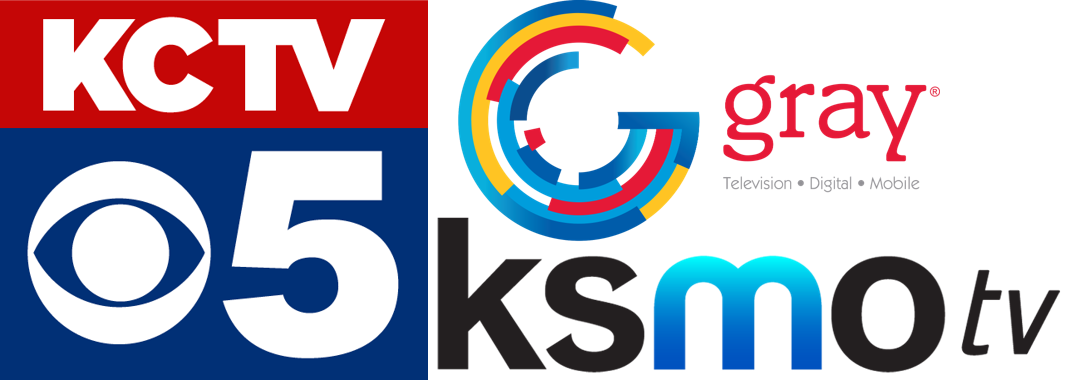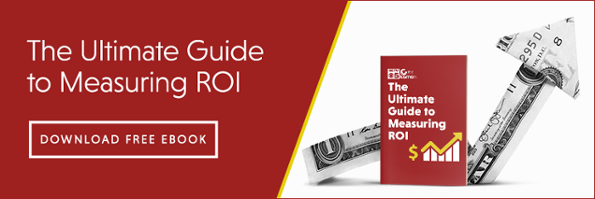
An effective advertising budget does not just reflect a specific percentage of revenue or a basic amount that a business wants to put into advertising. Instead, an advertising budget needs to be a thought-out, strategic reflection of what profits the company wants to see, where its target audience can be found, and how to reach them. When marketers improve their advertising budget by adding strategy and consideration, they often substantially increase their results too.
Analyze Your Competition Within the Industry
As you develop your advertising budget, start by taking a close look at your competition within the industry: both other local businesses and those larger businesses that may have some overlap with yours. Consider where they're advertising, such as the specific platforms and channels they're on and the types of advertising they are implementing.
Next, take a look at the quality of those ads. Are your competitors producing basic ads, or do they lean toward more high-quality ads? If they're going the extra mile, is it helping them achieve substantial results? It’s important to note these things so that you are able to see what is working within your industry to attract consumers.
You want your business to be an industry leader. In order to make that happen, you need to know current industry trends and use them to your advantage. You do not want to simply duplicate what your competitors are doing. Instead, you want to create an ad budget that allows you to stand out.
Use an Objective-Based Method
Your advertising budget should not merely reflect a percentage of your profits, though many companies base it on exactly that. B2B companies, for example, usually fall into the 8-9 percent of revenue range on advertising, while B2C companies may rise as high as 15-16 percent of their revenue committed to future ads. Instead of starting with a flat budget and working your way backward, start with an objective-based method. Carefully consider your objectives and goals for your advertising. Are you:
- Only advertising seasonal sales and promotions?
- Creating consistent ads over time?
- Hoping to increase your overall sales?
- Trying to build trust related to your brand?
If your goal is increasing your sales, how much do you want to sell? Often, advertising spend directly correlates to increased sales overall. You also need to consider the price point of the item you're trying to sell, which can help you set the budget for the campaign. When you plan your budget with your goals in mind, you can often better allocate the necessary funds to make your plans become a reality.
Know Your Target Audience and Their Habits Well
When you know your target audience, you can deliver ads that will capture their attention on the right platform at the right time. Consider where they are: the events they go to, the things they care about, and the platforms they use. When are they watching TV? What time of day are they most likely online? These key factors will help you decide where you should be running your ads, which ultimately helps you set your advertising budget.
You should also consider the types of ads that do best with your target audience. What evokes a response in them? Are they easily intrigued by static social posts and email marketing, or do you need to invest more in long-form digital ads and commercials in order to catch their attention? The better you know your target audience, the better you can allocate your advertising budget to the types of ads that genuinely intrigue them.
Consider Your Timeline
A critical part of your ad budget is how long you plan for the campaign to run. Is this budget covering a single ad, or is it designed for a long-term campaign? A year-round advertising budget may look very different than a budget designed primarily for seasonal ads. You should also take into account how many times your ad will run, how often it will run, and when it will run. If it runs during a prime spot, you may need to allocate more to the budget. It’s important to know that when and where you run your ads, will directly affect your ad budget. A media partner can help you decide what is best for your brand’s goals, and then translate that into your budget.
Consider the Cost and Potential ROI of Each Medium
When considering your budget, consider what it will take to produce and execute a campaign on a specific platform. What is the potential ROI of that platform? How does it compare to other opportunities? You may find that some platforms are well worth the investment, while others simply do not work for your business. In that case, you may want to allocate the funds initially intended for a specific platform to another that reflects your goals, focusing on fewer platforms to get better overall results.
Often, your ROI correlates directly to what you're willing to put into your advertising campaign itself. By starting with a goal-oriented approach and considering the potential return of your advertising investment, you can often create a more effective budget. This will help you achieve those goals, rather than leaving you feeling as though your advertising efforts have fallen flat. If you're unsure about how to create or allocate your marketing budget, a media partner can offer solid advice when it comes to planning your budget and putting it to work.





